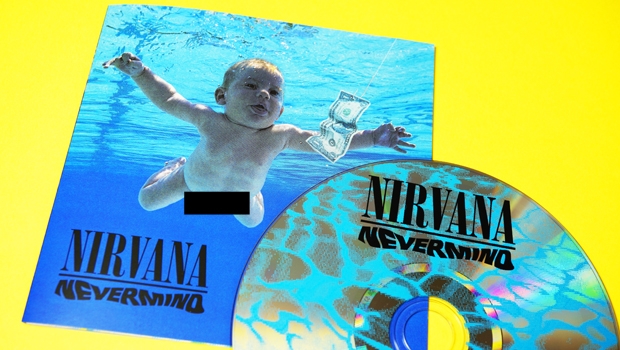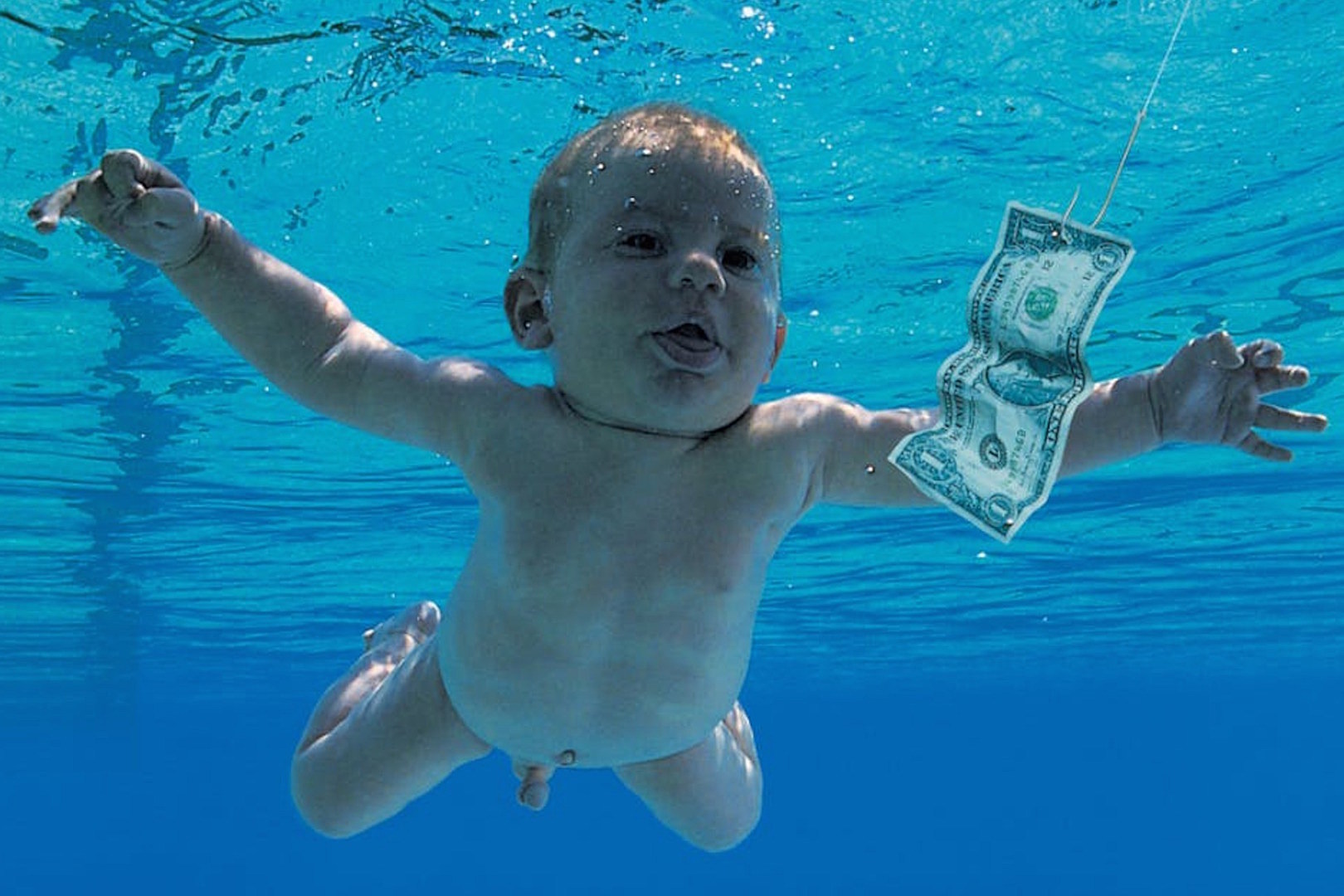

There was a generation gap to be filled and it was filled by independent record labels like Sub Pop in Seattle which signed bands such as Nirvana, Mudhoney, Soundgarden and Sonic Youth who would otherwise have simmered on the local scene. The average alienated teen couldn’t relate to these excesses because they belonged to the aspirations of the Baby Boomer generation. They marketed themselves as loud and reckless demi-gods but were hawking clichéd fantasies of groupies, guitar tomfoolery and drugs. Rockstars at the time had become cartoons with huge egos. It bears remembering that the 1980s was the decade of synthesised pop music and big-hair glam rock. Perhaps the answer lies in how the band came to be. What is it about Nirvana that still strikes a chord with them? After all, many of the band’s contemporaries like Guns N’ Roses, Metallica, Van Halen, Def Leppard, Pearl Jam and Aerosmith have little relevance to today’s youth. Surely, a band that started in the backwaters of Aberdeen, Washington, and had only three albums to their name, should have been forgotten in the blitzkrieg of digital music. Nirvana posters still adorn the walls of college dorms.

Today, twenty-five years and more than 30 million copies later, you can go to any major city in the world and still find teenagers in Nirvana T-shirts. In journalist Everett True’s 1989 article in the rock music newspaper Melody Maker (arguably the first to showcase the musical underground taking shape in Seattle), when singer Mark Arm referred to “the streets of Seattle being paved with grunge”, he was using the term disparagingly. The seminal album catapulted Kurt Cobain, Dave Grohl and Krist Novoselic of the three-piece band into global stardom, leading Rolling Stone to later declare that Nevermind was “the album that guaranteed the nineties would not suck”.īefore its release, grunge had meant grime, or the muck caught in the shower drain. Suddenly grunge was on every music executive’s lips and in every music listener’s cassette collection. Although it wasn’t an immediate success, in four months the album would go on to topple Michael Jackson from the top of the Billboard charts and bring about a rock ‘n’ roll renaissance. On September 24, 1991, Nirvana released their second album Nevermind and made a dent in the music universe.

The request is timely, as Nevermind celebrates its 30th anniversary on Sept.


 0 kommentar(er)
0 kommentar(er)
